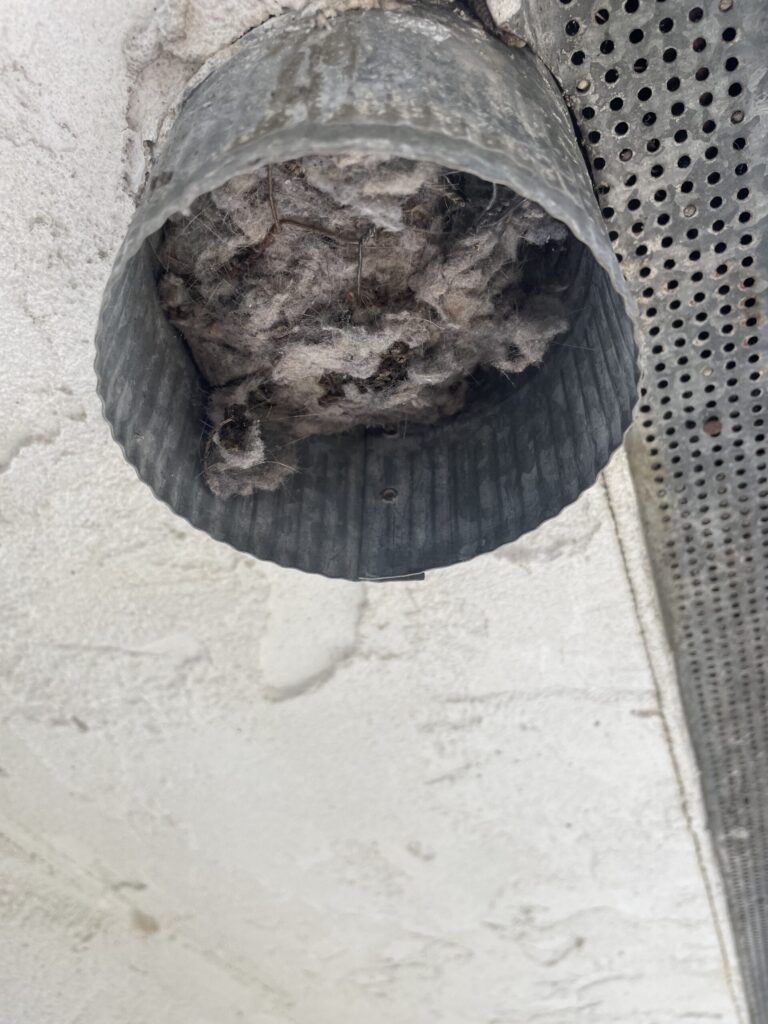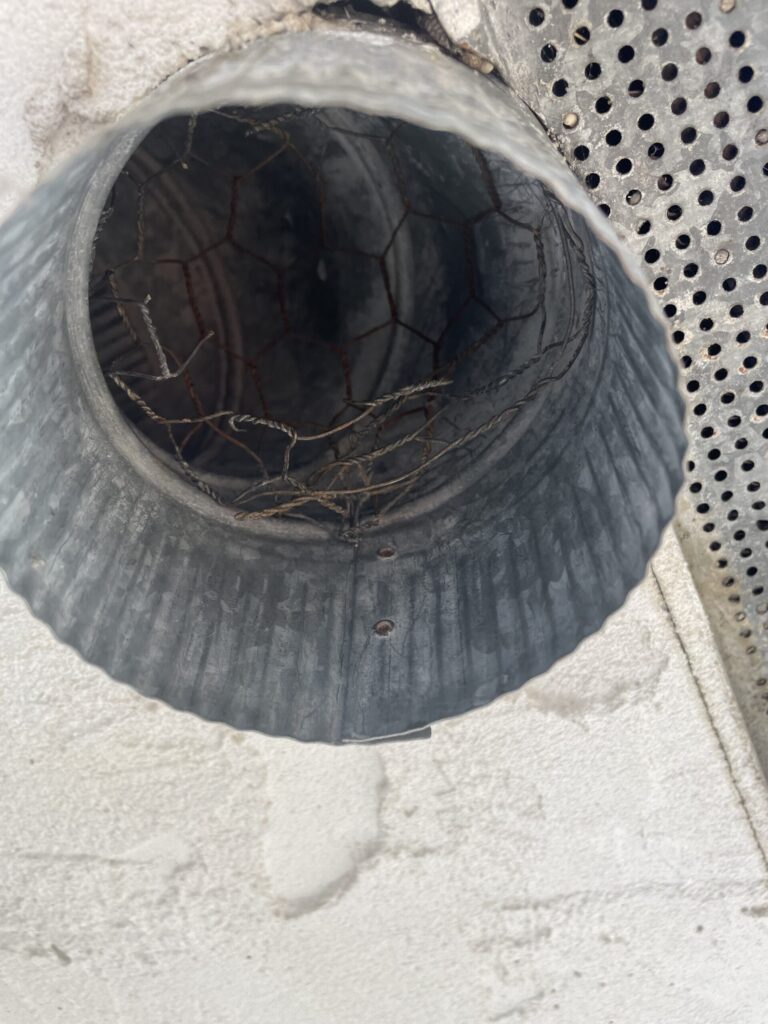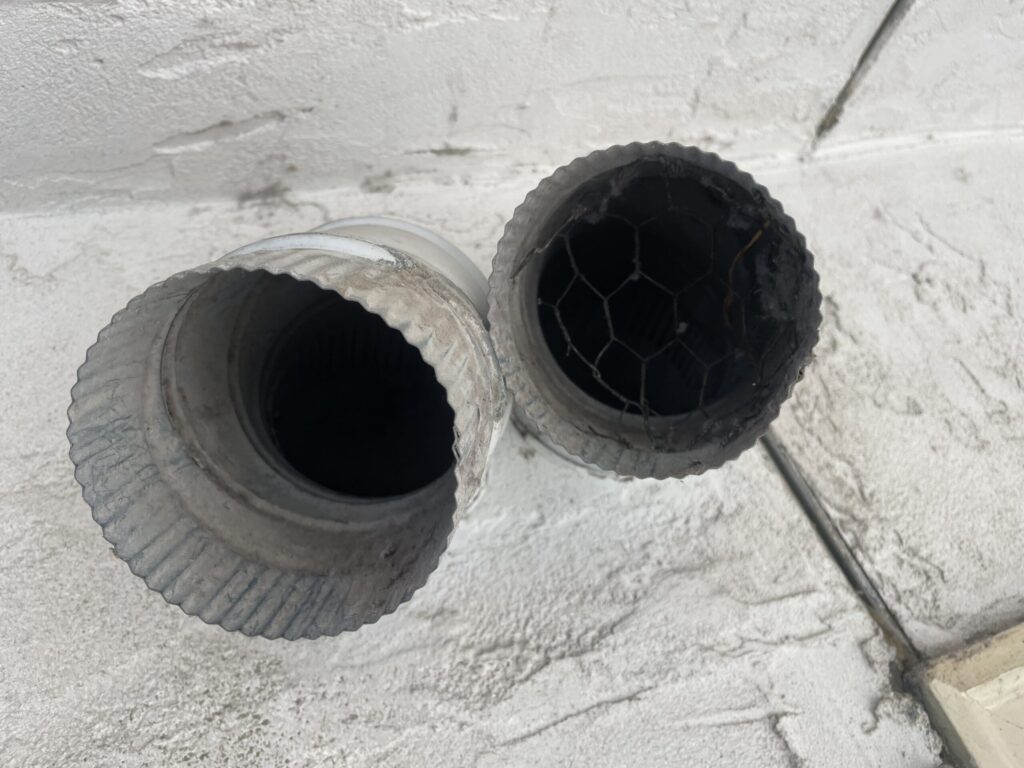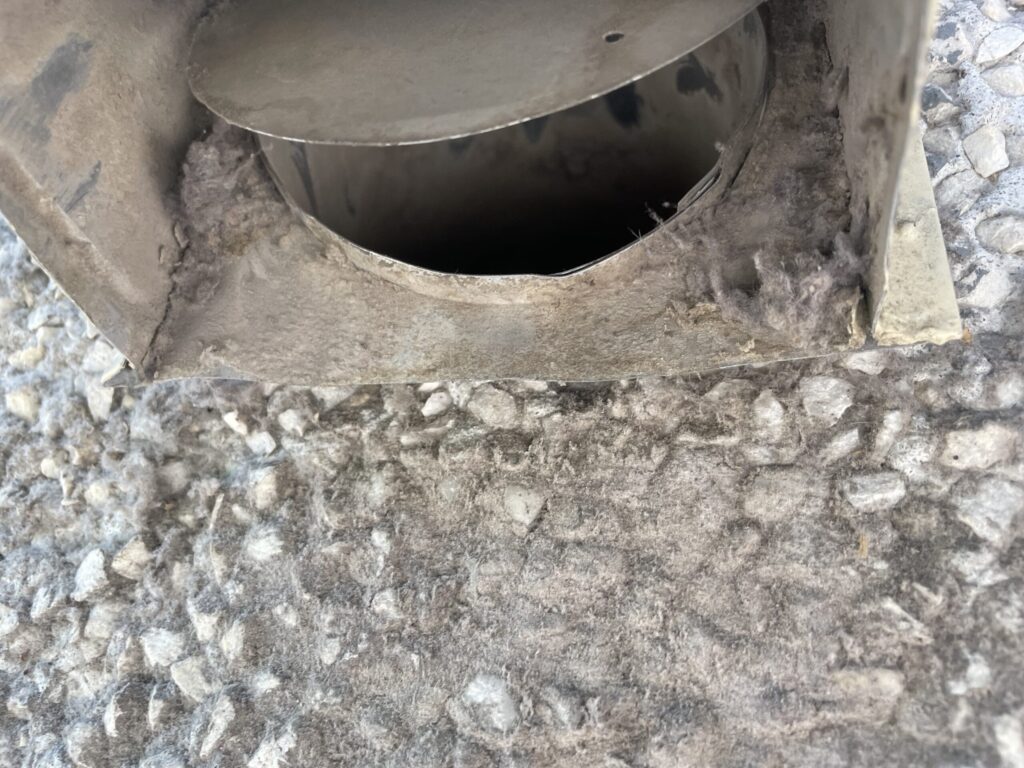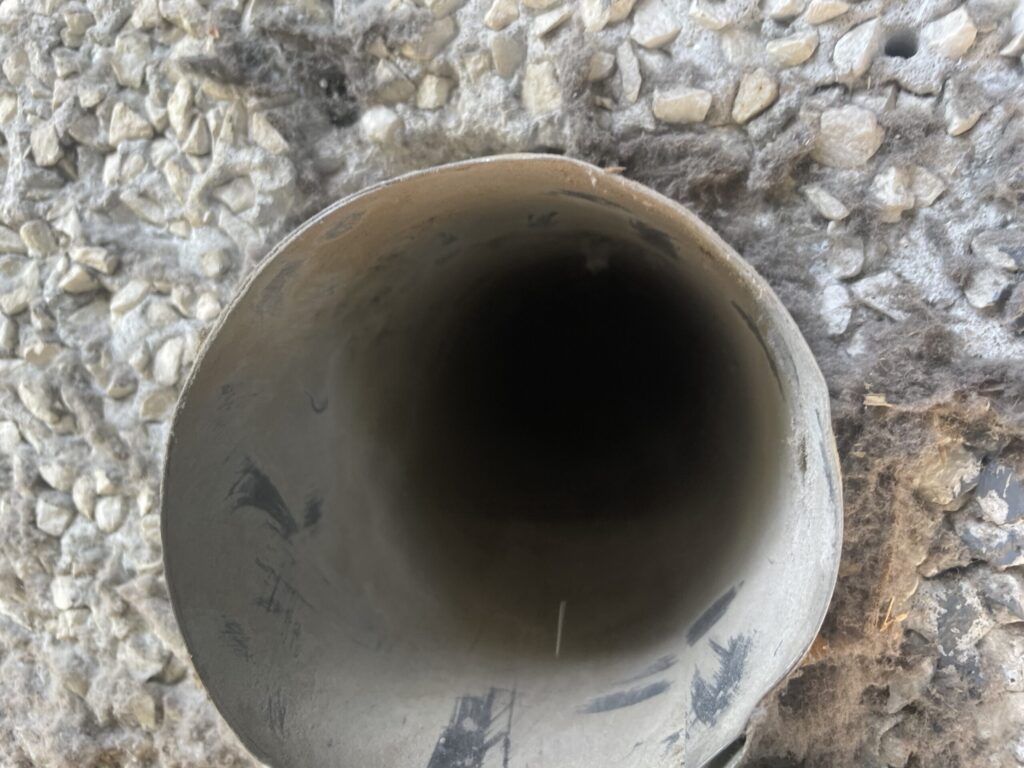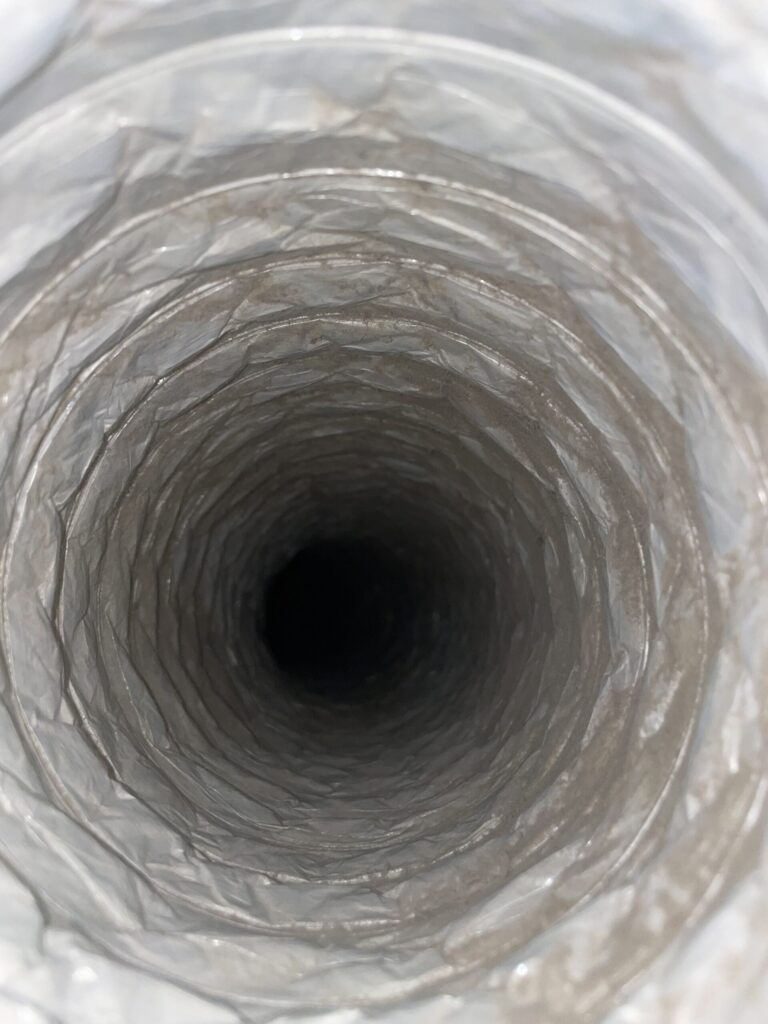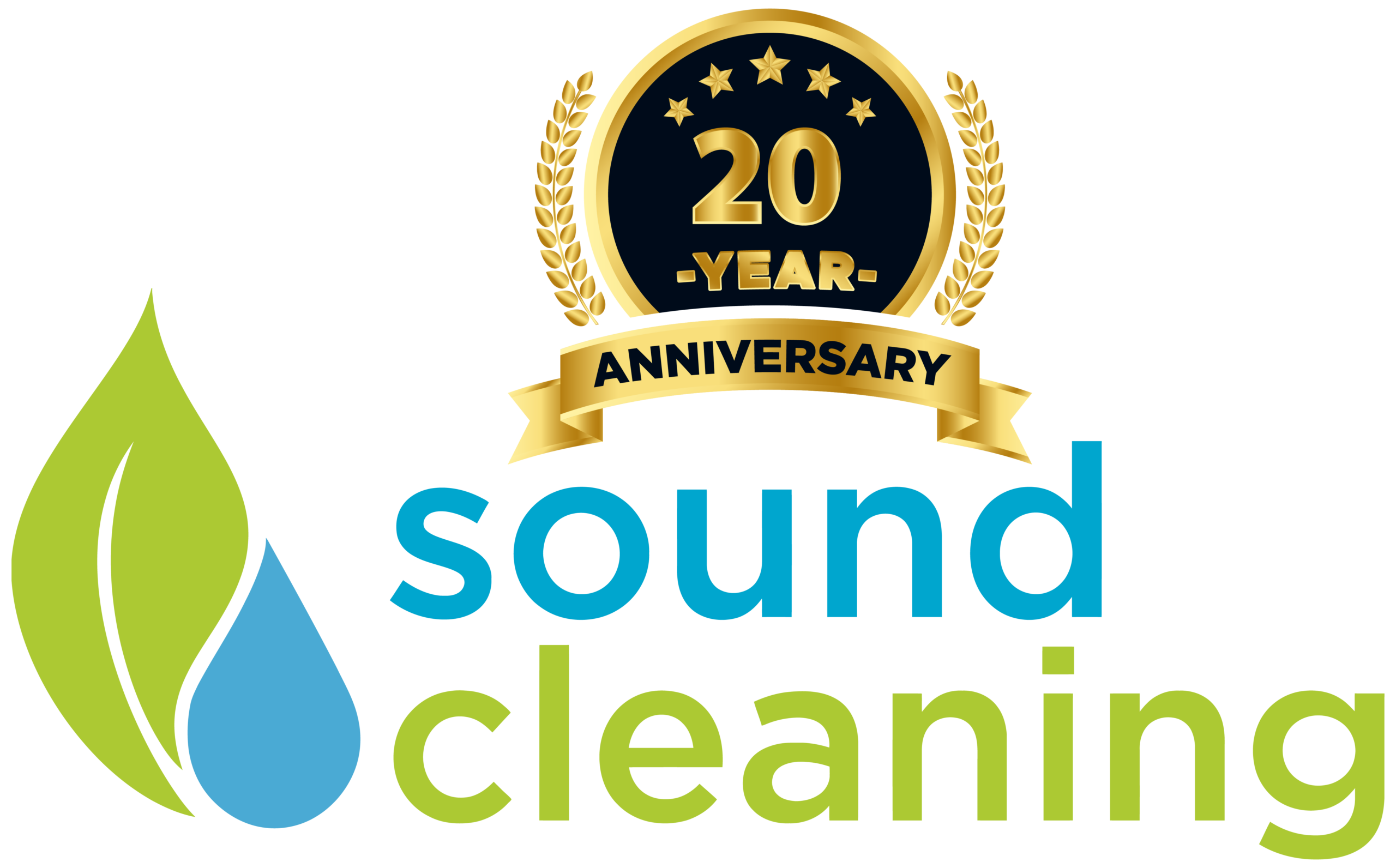Multifamily Dryer Duct Cleaning in Portland
When it comes to property maintenance in the greater Portland area, one of the most overlooked—but critically important—services is multifamily dryer duct cleaning. In buildings with multiple units and high dryer usage, clogged dryer ducts can lead to serious safety hazards and costly inefficiencies. At Sound Cleaning, we specialize in providing expert multifamily dryer duct cleaning that Portland property managers can rely on for both safety and performance.
How Often Should Dryer Ducts Be Cleaned?
For multifamily properties, dryer duct cleaning should be performed at least once per year. High-occupancy buildings or properties with shared laundry facilities may require more frequent service, especially in Portland’s damp climate where lint buildup can trap moisture and increase fire risks.
Interior & Exterior Service Options
Every building is different, which is why we offer flexible service options. Dryer duct cleaning can be completed:
- From the exterior, using specialized reverse-air equipment to remove blockages from rooftop or side-vented exhaust systems without disturbing tenants.
- From the interior, with access to individual units if needed for thorough cleaning or when internal buildup presents performance issues.
Our team works efficiently to minimize disruption while maximizing effectiveness.
Why It Matters: Safety, Savings & System Longevity
Regular dryer duct cleaning offers several benefits:
- Fire Prevention: Lint buildup is a leading cause of residential fires. Regular service dramatically reduces this risk.
- Energy Efficiency: Clear vents allow dryers to run more efficiently, saving energy and shortening drying times.
- Appliance Longevity: Blocked ducts put strain on dryers, reducing their lifespan and increasing repair costs.
- Moisture Control: In Portland’s wet climate, unvented moisture can lead to mold and mildew in walls and ducts.
Don’t Wait for a Problem to Arise
Neglecting dryer duct cleaning can result in overheating dryers, water damage, or worse—a fire hazard that puts residents and property at risk. Proactive maintenance is far more cost-effective than reactive repairs or insurance claims.
